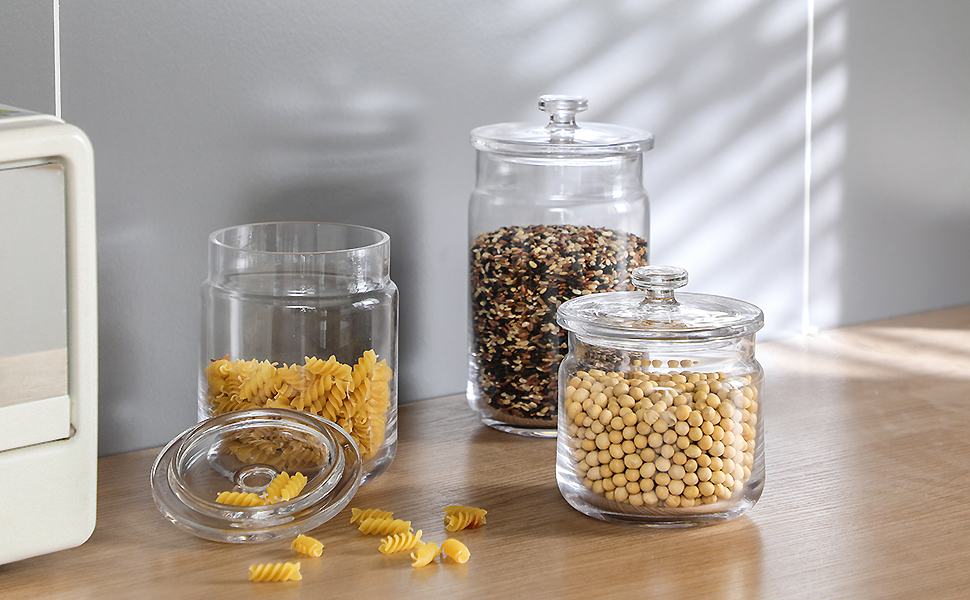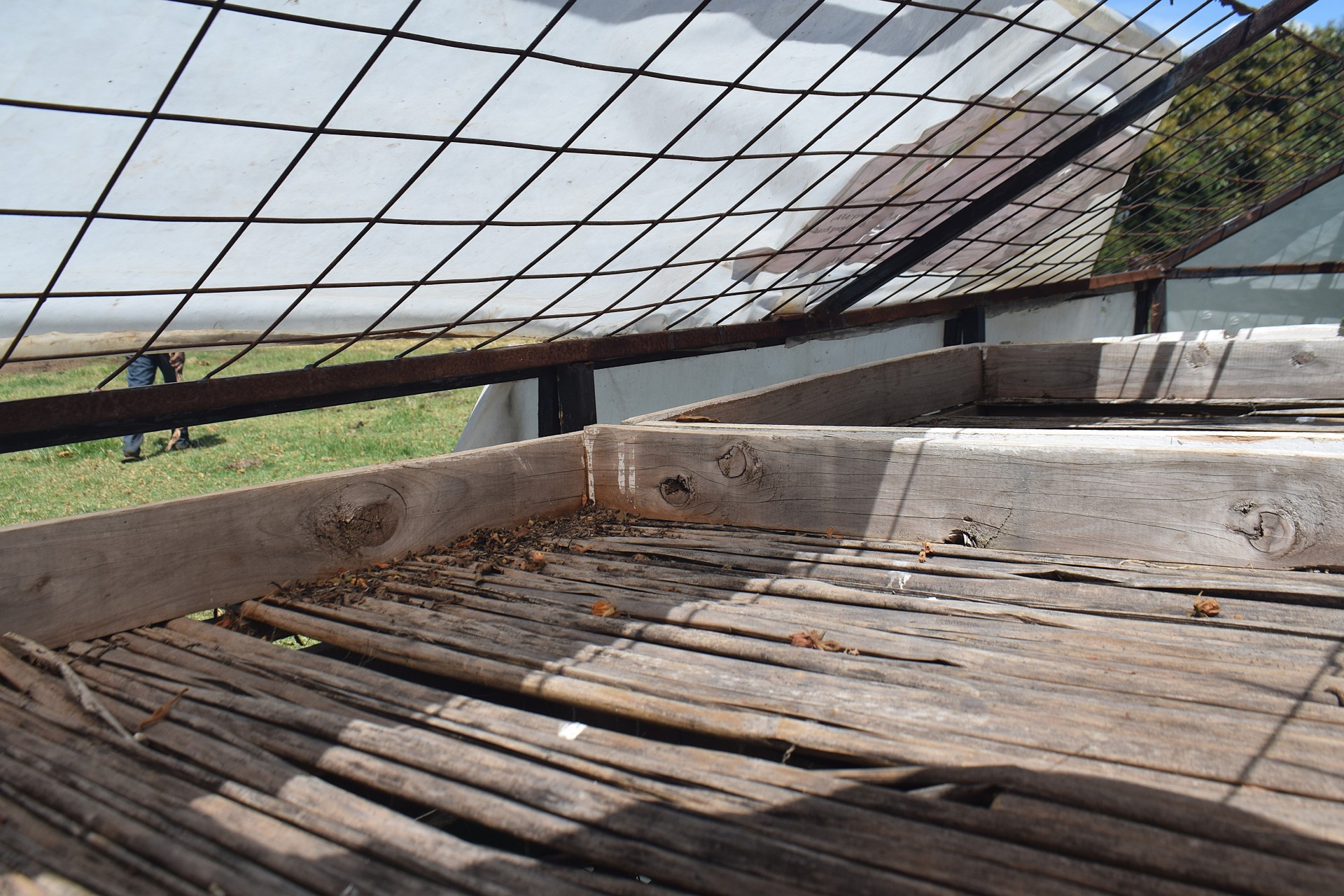- By adopting simple habits and making conscious choices, we can minimize our plastic waste and contribute to a cleaner, healthier planet.
Plastic pollution has become a significant environmental concern, but we can all make a difference by reducing our plastic consumption.
By adopting simple habits and making conscious choices, we can minimize our plastic waste and contribute to a cleaner, healthier planet.
Below are 13 practical tips on how to start using less plastic in your everyday life:
1. Bring reusable bags for shopping and groceries every day
Make it a habit to carry reusable bags whenever you go shopping. Keep a few reusable bags in your car or carry a foldable bag in your purse or backpack. By avoiding single-use plastic bags, you can significantly reduce plastic waste.
Read More
2. Choose glass containers
Opt for glass containers over plastic ones whenever possible. Glass containers are more durable, versatile, and safer for storing food and beverages. They can be reused multiple times and are recyclable.
3. Get bamboo toothbrushes
Replace your plastic toothbrush with a bamboo toothbrush. Bamboo toothbrush handles are compostable, making them a sustainable alternative to their plastic counterparts.
4. Use a stainless steel water bottle
Invest in a high-quality stainless steel water bottle. Stainless steel is durable, non-toxic, and keeps your drinks cold or hot for extended periods. By using a reusable water bottle, you can avoid disposable plastic water bottles.
5. Invest in reusable food bags
Instead of using plastic baggies for sandwiches and snacks, switch to reusable food bags made from fabric or silicone. These bags can be washed and reused, reducing the need for single-use plastic bags.
6. Use reusable straws
Replace disposable plastic straws with reusable alternatives like bamboo, glass, or stainless steel straws. Carry a reusable straw in your bag so you can enjoy beverages without contributing to plastic waste.
7. Shop at farmers' markets
Frequent farmers' markets for plastic-free fruits and vegetables. Many farmers' markets offer unpackaged produce, allowing you to avoid plastic packaging commonly found in supermarkets.
8. Bring a travel cup
Carry a travel cup or a reusable coffee mug to your favorite coffee shop. By using your cup, you can avoid disposable coffee cups and lids, which are often lined with plastic.
9. Opt for boxes for cleaning products
Instead of purchasing cleaning products in plastic bottles, choose brands that offer cleaning products in boxes or refillable containers. This reduces the amount of plastic waste generated from household cleaning.
10. Support plastic-free brands
Look for brands that prioritize sustainability and use eco-friendly materials or compostable packaging. By supporting these brands, you encourage the market to shift towards more sustainable alternatives.
11. Ditch plastic lighters
Replace disposable plastic lighters with matches, refillable lighters, or electric lighters. These options are reusable and help reduce plastic waste from single-use lighters.
12. Buy food in glass jars and reuse them
When purchasing food items like sauces or condiments, opt for those packaged in glass jars. After using the contents, clean and reuse the jars for storage or organization purposes. It reduces the need for additional plastic containers.
13. Use bar soap
Choose bar soap instead of liquid soap. Bar soap typically comes in cardboard packaging, which is more easily recycled and biodegradable compared to the plastic packaging of liquid soap. Making this switch contributes to reducing plastic waste.




-1769677767.jpg)

